Welcome to the Research and Strategy Services at in today's fast-paced.


When the heat rises, your performance can plummet—fast. Dehydration in athletes doesn't just mean feeling thirsty. It can cause a dramatic drop in reaction time, endurance, mental clarity, and even increase the risk of heat exhaustion or injury. Just a 2% loss in body weight from fluid loss can impair performance. Yet many athletes continue to underestimate how much the summer heat challenges their hydration status.
The good news? With the right strategies, you can train and compete smarter, not just harder. Below are five athlete-tested ways to stay cool, sharp, and hydrated when temperatures soar.
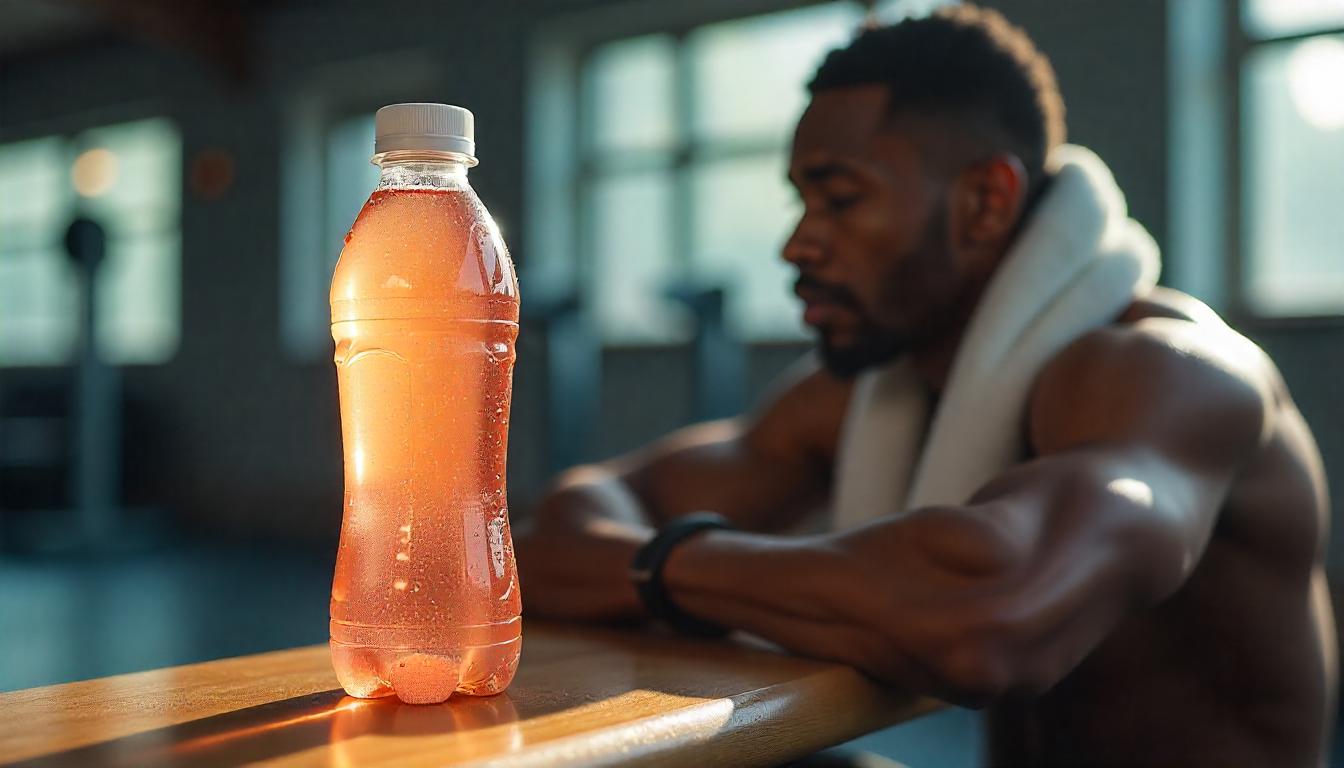
Sweating is how your body cools itself—but you don’t just lose water. You lose electrolytes, especially sodium, which plays a key role in nerve conduction, muscle contraction, and fluid balance. Simply guzzling water without replacing sodium can actually worsen your hydration status, leading to hyponatremia (low blood sodium).
Try this:
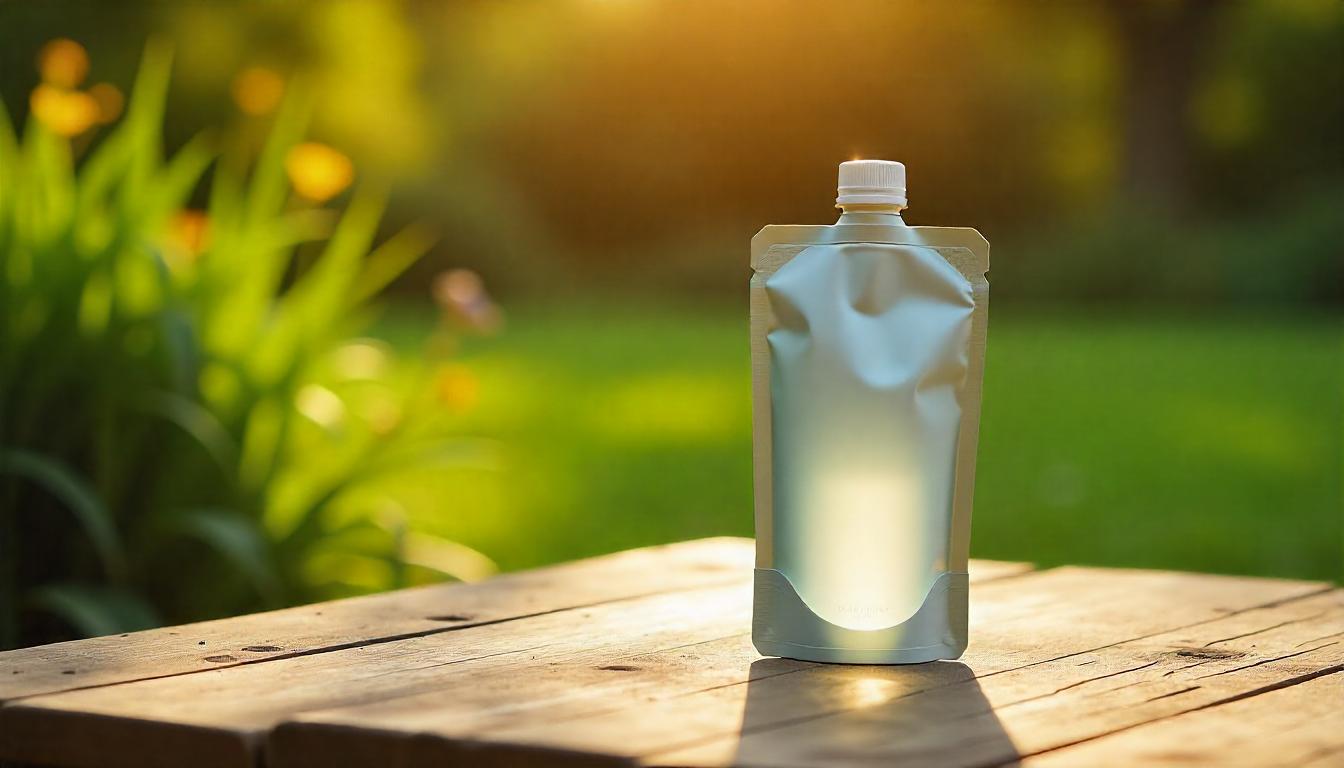
Isotonic drinks have a similar concentration of salt and sugar as the human body, which means they’re absorbed quickly—ideal during intense or extended workouts.
Unlike plain water, these drinks help replenish both fluids and energy substrates (like glucose) without sitting heavy in the gut. They’re especially useful for sports involving sustained effort in high heat.
Pro tip:
Look for drinks with 6–8% carbohydrate concentration and around 200–400 mg of sodium per serving.
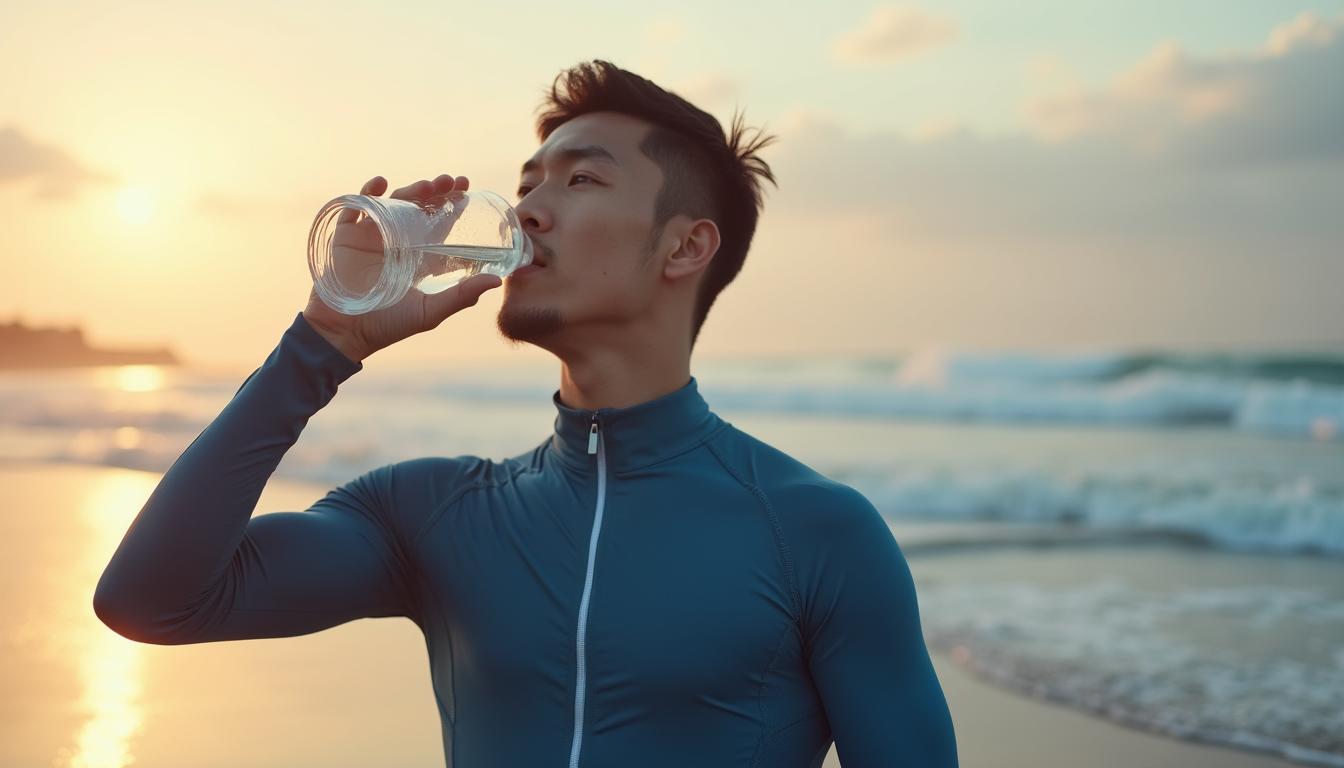
Hydrogen water, infused with molecular hydrogen (H₂), is gaining attention for its potential anti-inflammatory and antioxidant effects—two key concerns when training in hot, oxidative environments.
Early research suggests it may help reduce post-exercise fatigue and muscle damage, although more studies are needed. For athletes pushing their limits in the heat, hydrogen water might offer a subtle edge in recovery.
How to use it:
Drink hydrogen-rich water chilled before or after workouts in addition to your regular hydration routine. Don’t use it as your sole hydration source during exercise, as it’s not formulated for electrolyte or carbohydrate needs.
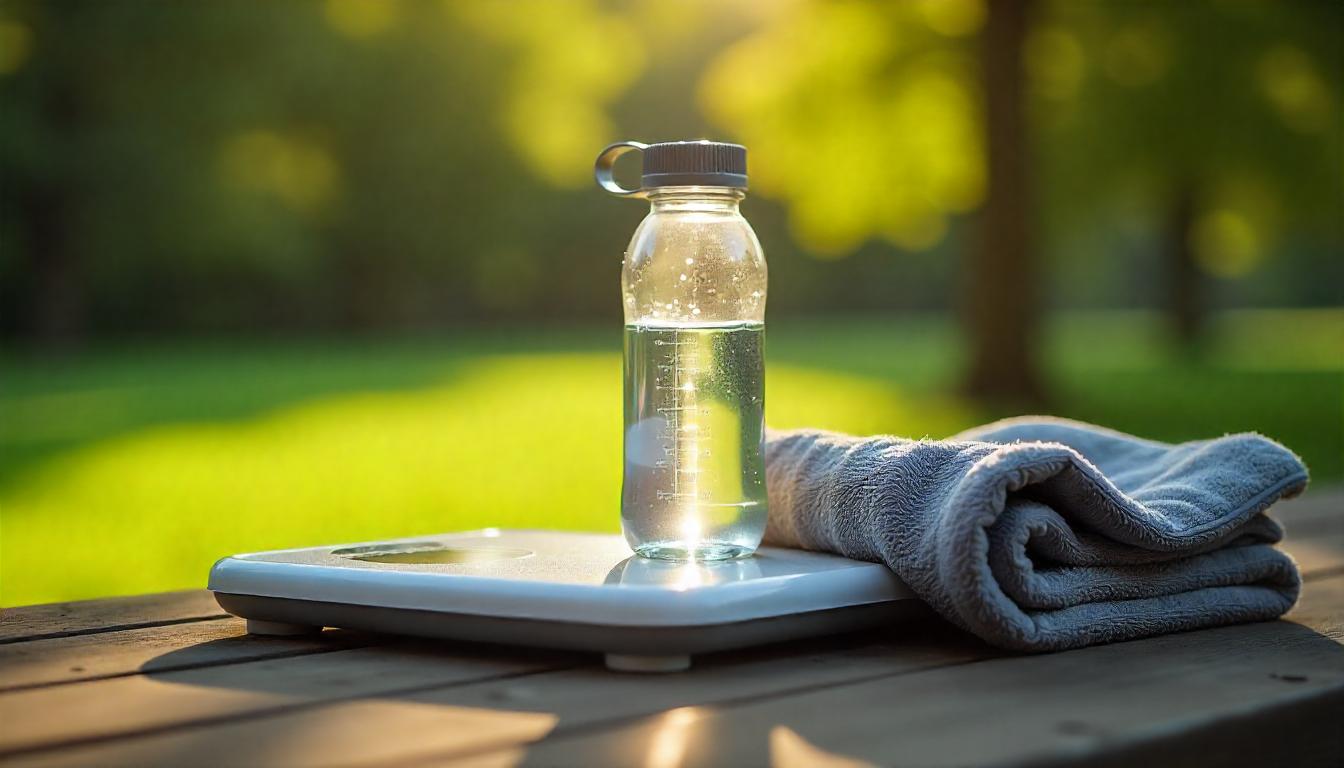
If you're starting a workout already dehydrated, you’re playing catch-up from the first minute. Many athletes don't realize they begin training 1–2% dehydrated from sleep or daily activity.
The fix:
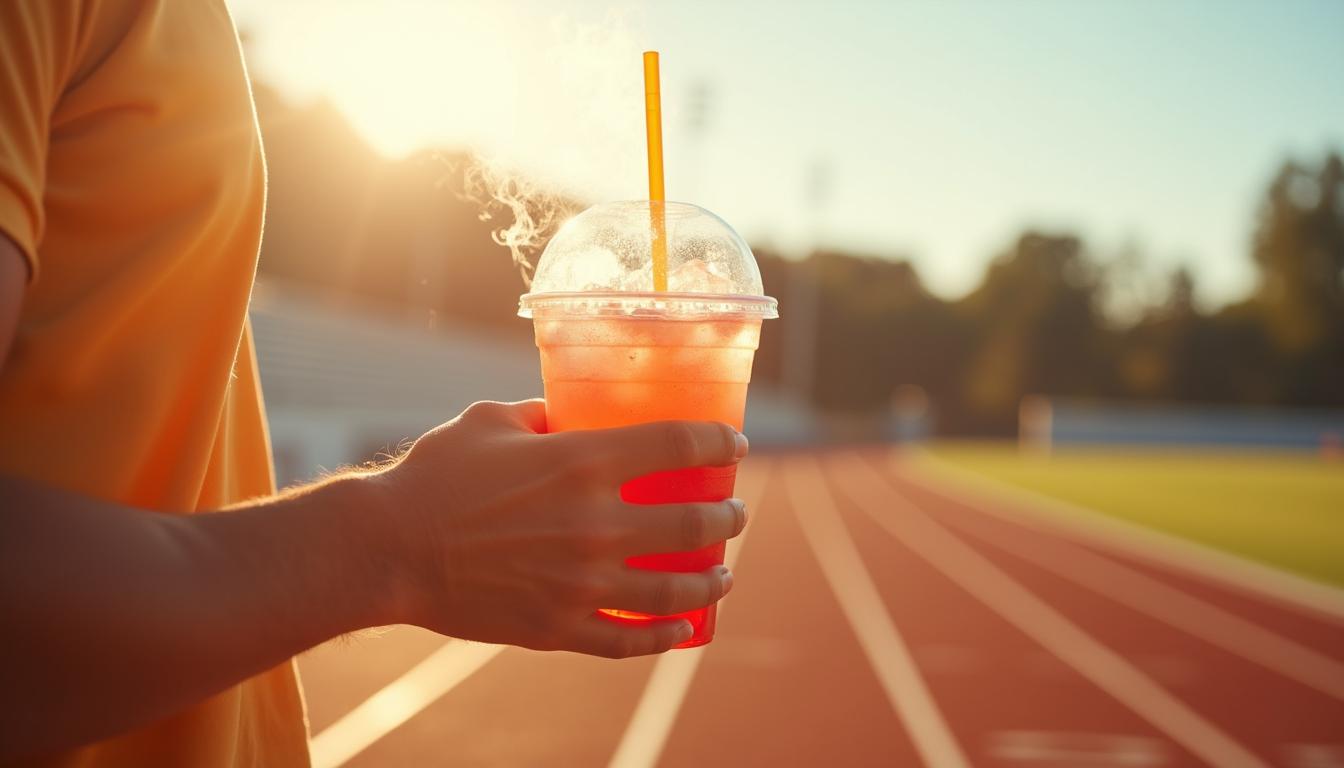
Cold beverages do more than hydrate—they help lower core body temperature. In extreme heat, this can delay fatigue and reduce perceived exertion.
One advanced trick used by elite endurance athletes is drinking ice slurries before races or intense sessions. The combination of cold and internal cooling may extend time to exhaustion.
Make it work:
Hydration isn’t just a summer checklist item—it’s a performance strategy. By personalizing your approach with these five methods, you can improve stamina, decision-making, and post-workout recovery when the heat is most intense.
Remember: hydration is not one-size-fits-all. Pay attention to your body's signals, adapt based on conditions, and stay ahead of the heat.







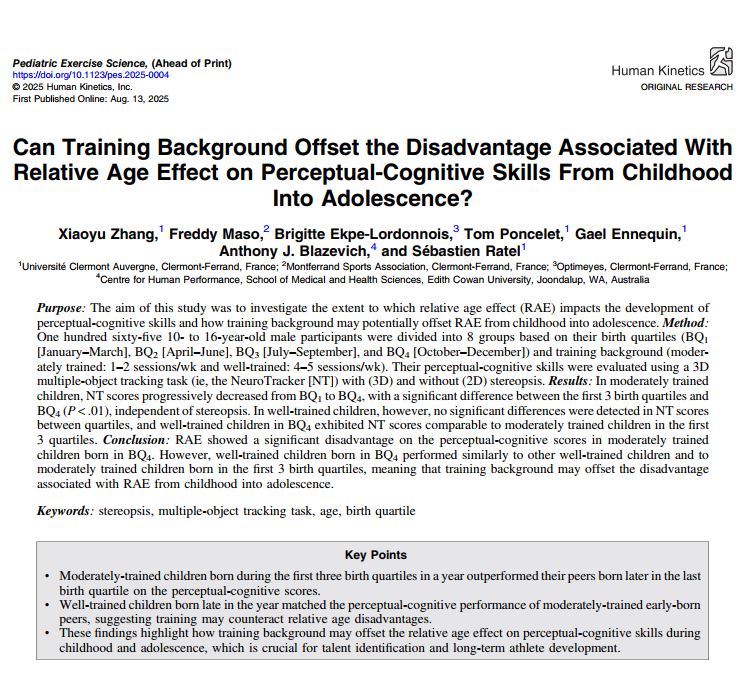
Welcome to the Research and Strategy Services at in today's fast-paced.

Standardized testing environments combine predefined formats and time limits that narrow how knowledge can be expressed. This interpretive guide help to distinguish structural constraint from reduced cognitive capacity.

Divided attention demands can alter performance through multiple processing streams rather than reducing cognitive capacity. This article interprets how to distinguish structural allocation from diminished ability under environmental constraint.

Reduced action range can alter performance by narrowing what can be physically or perceptually executed rather than diminishing cognitive ability. This article interprets how to distinguishing structural boundaries from capacity limitation.
.png)